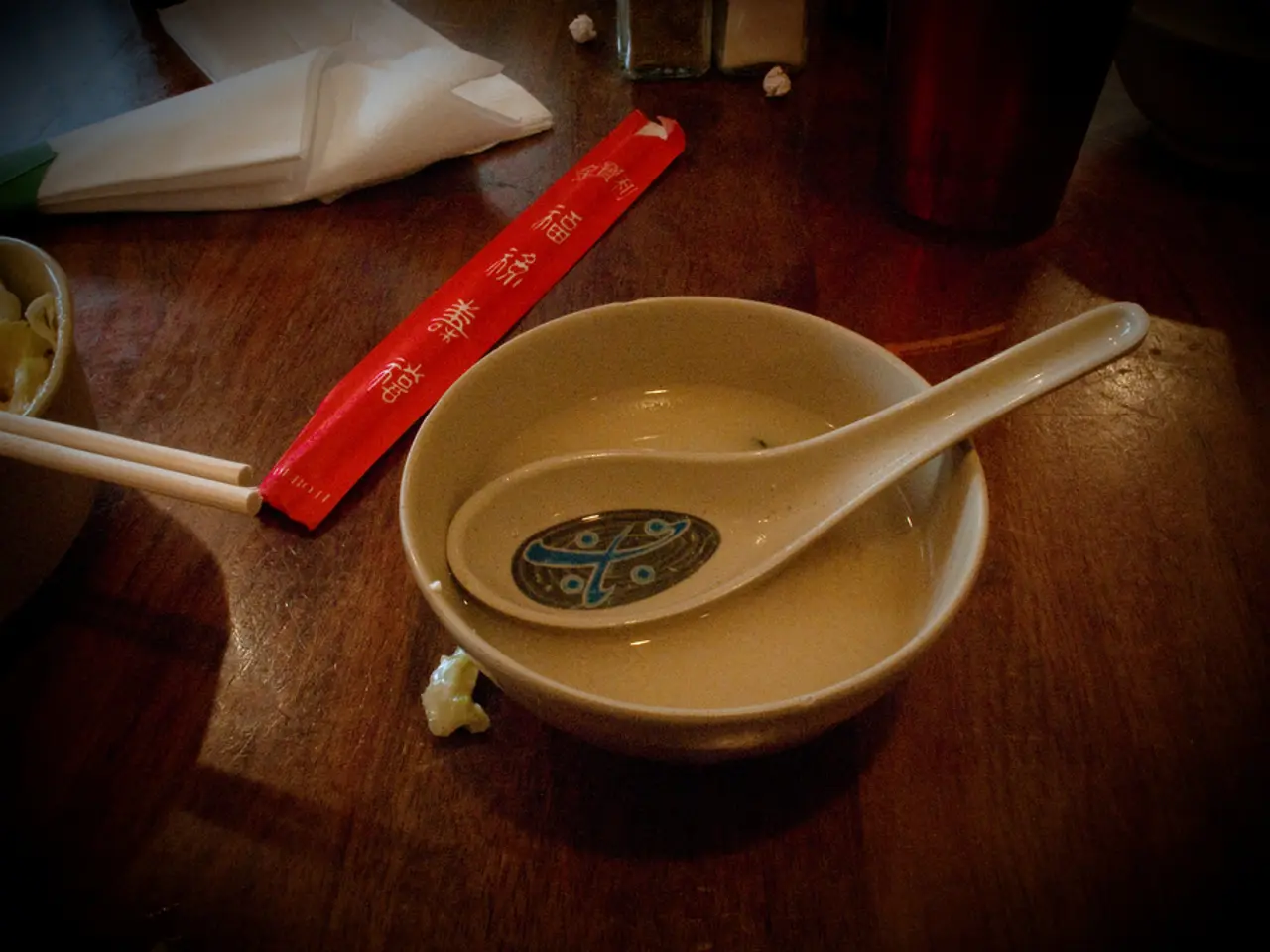Reversed Alzheimer's Disease Pathology and Improved Memory in Mice Through Lithium Compound Treatment
In a groundbreaking study published in the prestigious journal Nature, researchers from Harvard Medical School have discovered a link between lithium deficiency in the brain and the development of Alzheimer's disease. The study, titled "Lithium deficiency and the onset of Alzheimer's disease," was led by Bruce Yankner, a professor of genetics and neurology at the school.
The researchers found that lithium levels are reduced in the brains of individuals with mild cognitive impairment and Alzheimer's disease. This reduction is due to the metal binding to amyloid plaques and impaired uptake in the brain. Lithium, which occurs naturally in the brain and plays a role in maintaining the normal function of all major brain cell types, is crucial for brain health.
Lithium depletion alters the activity of genes known to raise or lower the risk of Alzheimer's, including APOE. This depletion causes the loss of synapses, axons, and neuron-protecting myelin, accelerating cognitive decline and memory loss, all hallmarks of Alzheimer's disease.
The study used advanced mass spectroscopy to measure trace levels of about 30 different metals in the brain's prefrontal cortex and cerebellum, and in the blood of cognitively healthy people, those with mild cognitive impairment, and those with advanced Alzheimer's disease. The findings showed that lithium was the only metal significantly reduced in the brains of individuals with mild cognitive impairment and those with a diagnosis of Alzheimer's disease.
In mice, similar lithium depletion accelerated brain pathology and memory decline. However, replenishing lithium by giving Alzheimer's mouse models lithium orotate (LiO) in their water reversed disease-related damage and restored memory function. The team found that LiO is effective at one-thousandth the dose of other lithium compounds, and mice treated for nearly their entire adult lives showed no evidence of toxicity.
The study also identified a class of lithium compounds that can evade capture by amyloid plaques, potentially making them more effective in treating Alzheimer's disease. The findings suggest that measuring lithium levels could help screen for early Alzheimer's disease.
The discovery of the link between lithium deficiency and Alzheimer's disease opens up new avenues for research and potential treatments for this debilitating disease. Further studies are needed to confirm these findings and to develop effective strategies for maintaining stable lithium levels in the brain to prevent the onset of Alzheimer's-type pathological changes.
Read also:
- Nightly sweat episodes linked to GERD: Crucial insights explained
- Antitussives: List of Examples, Functions, Adverse Reactions, and Additional Details
- Asthma Diagnosis: Exploring FeNO Tests and Related Treatments
- Unfortunate Financial Disarray for a Family from California After an Expensive Emergency Room Visit with Their Burned Infant








